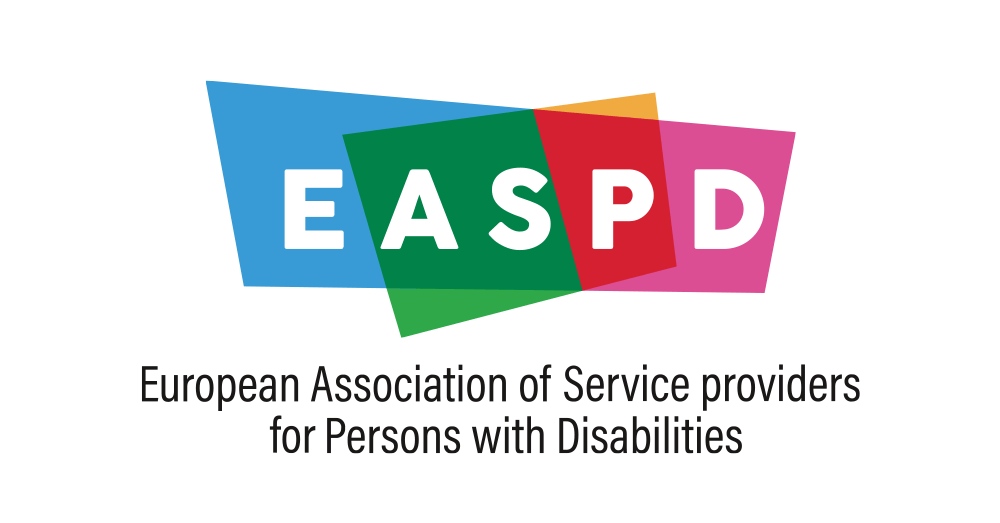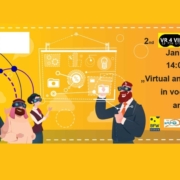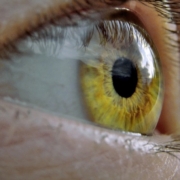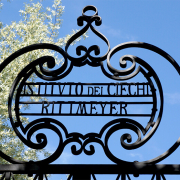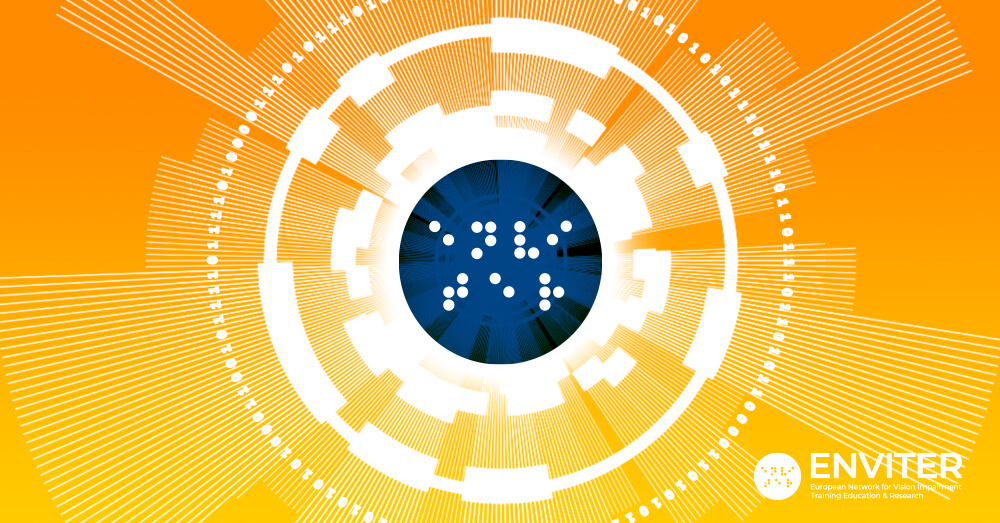
We are pleased to announce our 2023 annual Conference, hosted by Unione Ialiana dei Ciechi e degli Ipovedenti in Ascoli Piceno, Italy, on Wednesday 10th May 2023.
The purpose of our Annual Conference is to create an opportunity for professionals to share their theoretical and practical knowledge in the field of vision impairment, focusing especially on innovative methodologies, practices and tools.
We are inviting proposals for paper presentations in the following thematic area:
“Innovation in Education and Rehabilitation for Visually Impaired People”
Proposal ideas that extend beyond these thematic area will be considered by the Board of ENVITER.
Abstracts:
- Deadline for abstracts/proposals: 14th April 2023 (to be sent to: coordinator@enviter.eu )
- Full papers must be presented in English.
- These papers will be considered for publication on our website.
- The presentation of the papers should be 20-30 minutes (including questions)
We also offer the opportunity for participation to people as presenters, speakers or as members of the audience who are not from ENVITER member organisations, so please inform your colleagues from the VI field about our conference.
We hope you will be able to join us.
For more information, please contact us.
Photo by Pete Linforth from Pixabay.
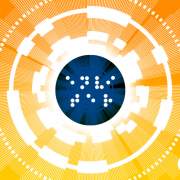


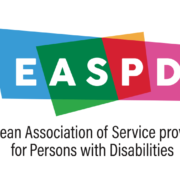 EASPD
EASPD